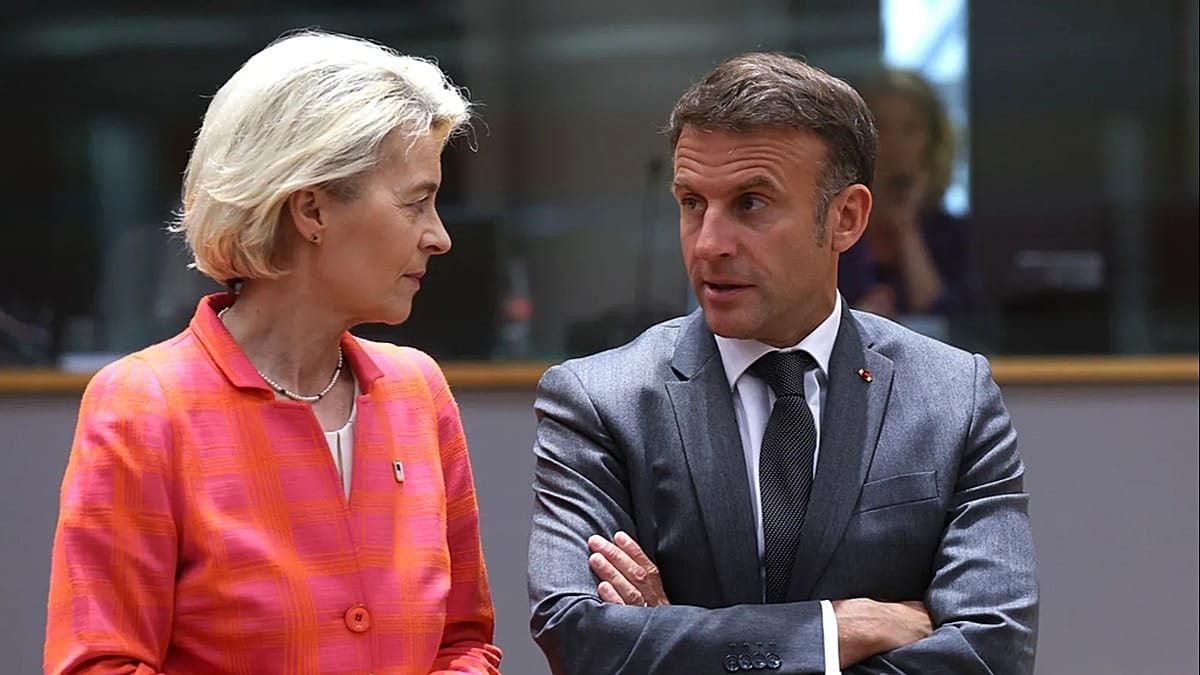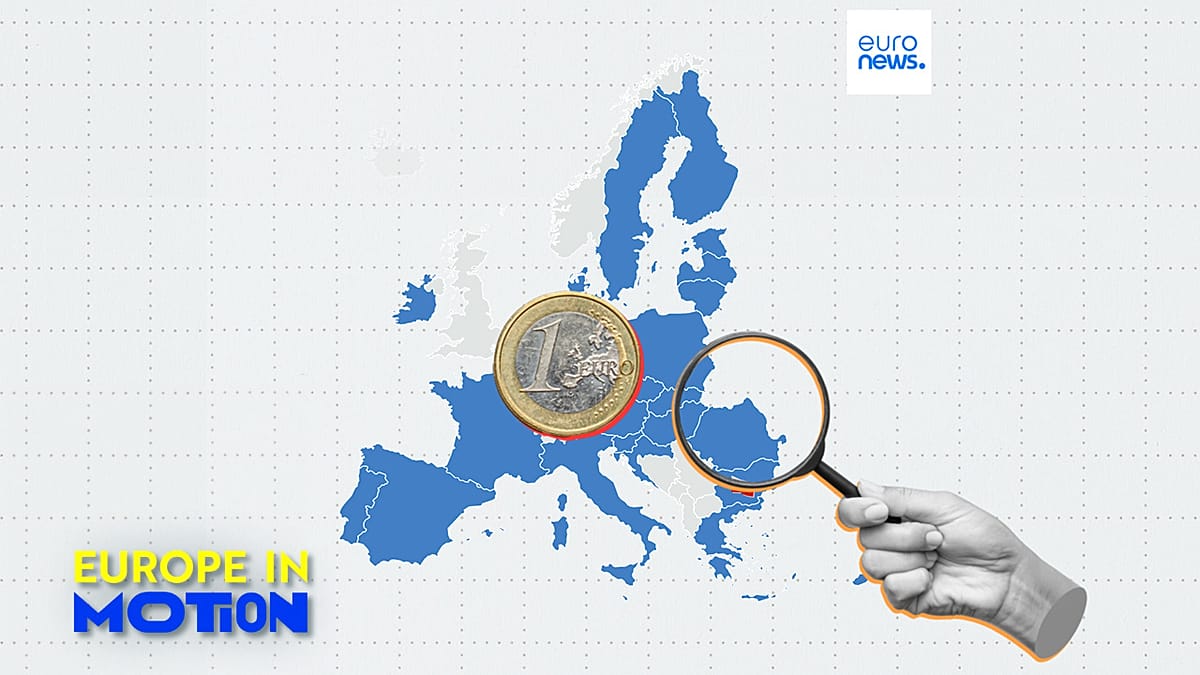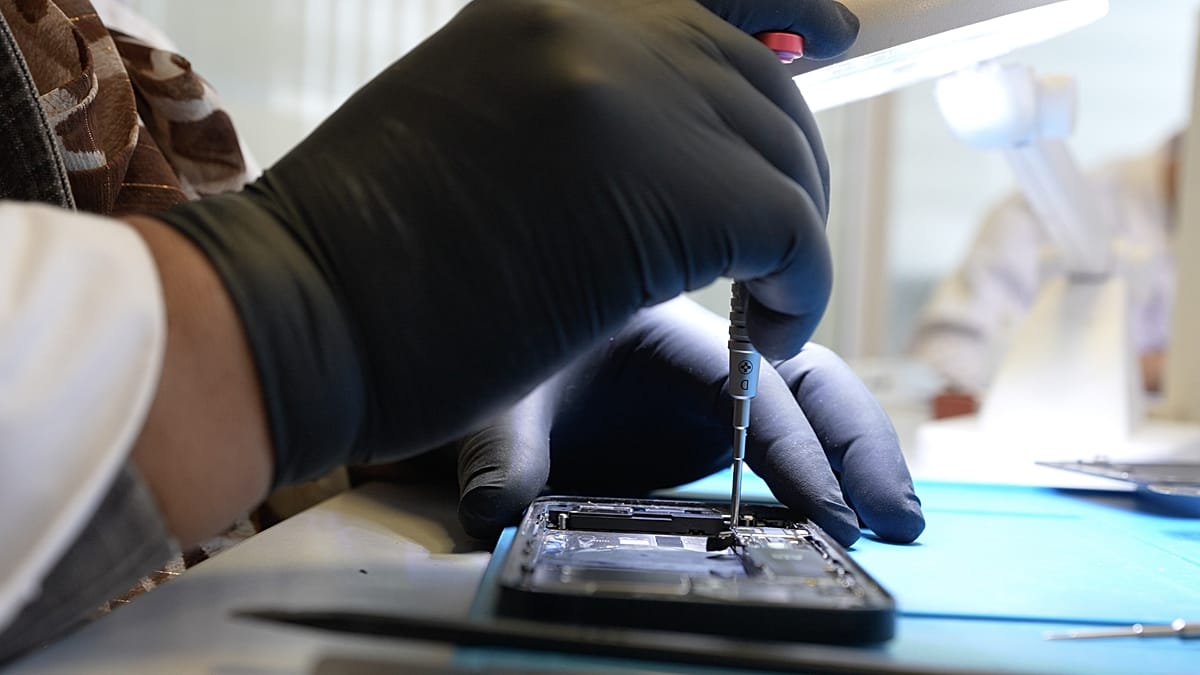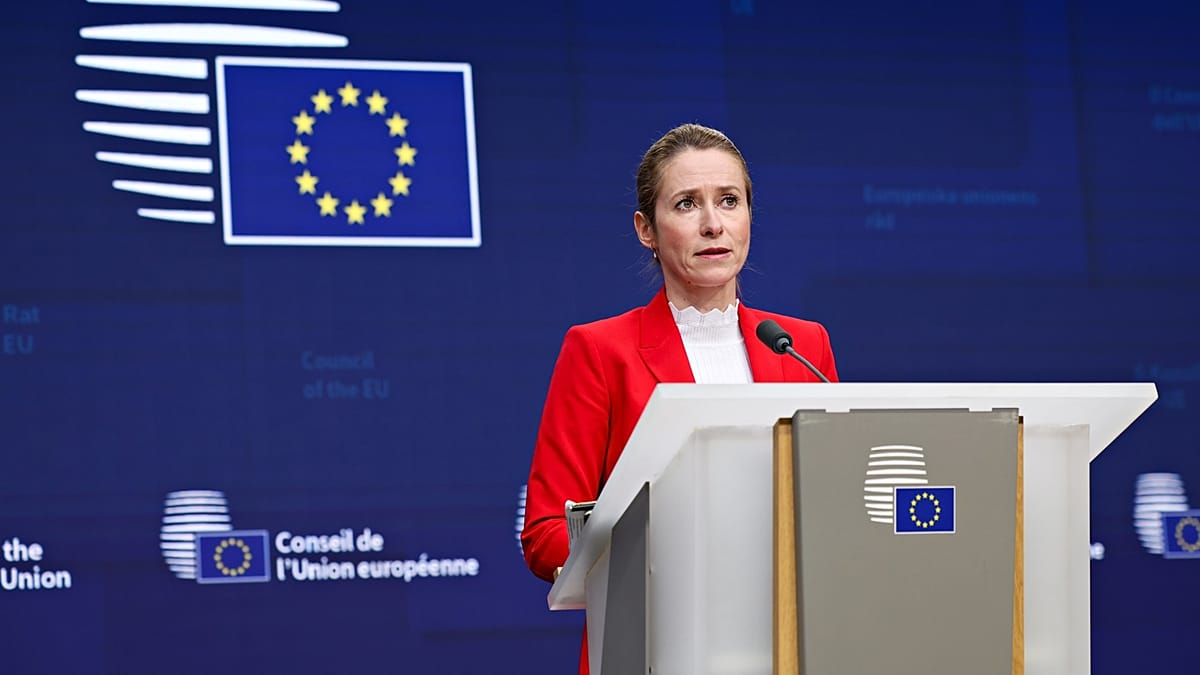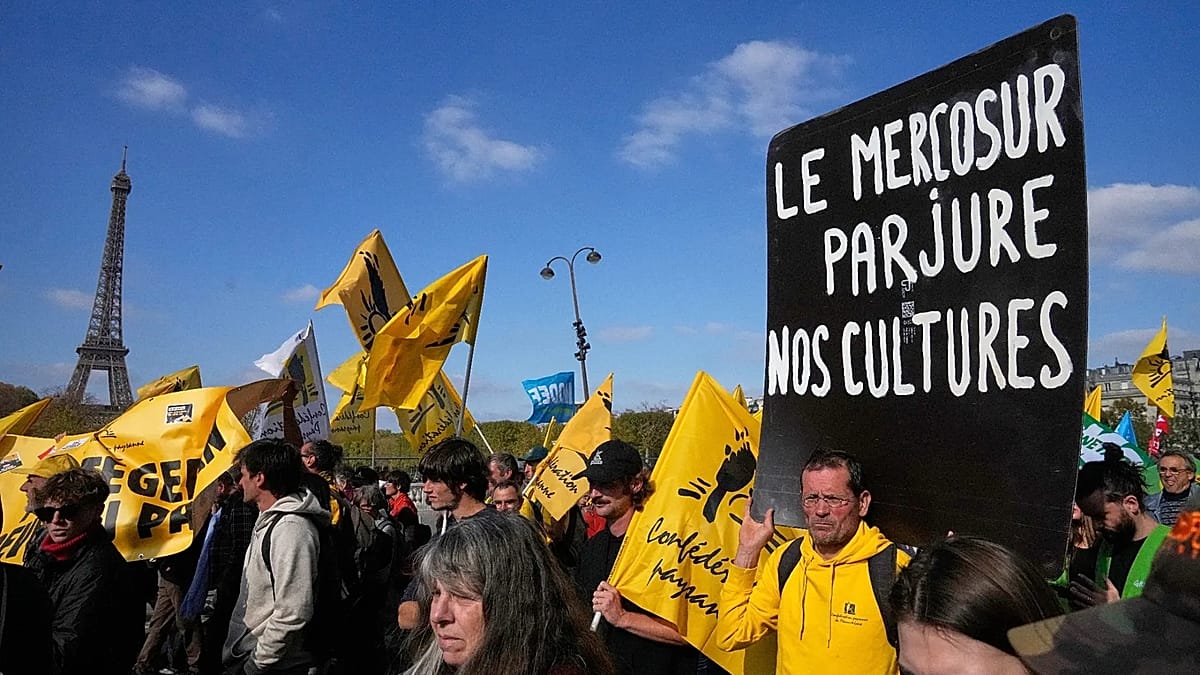
New Zealand is short of around 100 pilots this year and flight schools say the shortage is putting pressure on regional routes, airlines and training providers already struggling to keep up with demand.
Aviation leaders warn outdated rules and high costs are slowing down new pilots from getting airborne, even as the Government confirms long-awaited reforms are finally underway.
At Auckland’s Ardmore Flying School, about 250 people turned up to an open day, including 13-year-old Alastair, who had his first chance to take flight.
“It was really fun experiencing the plane. We did a lot of turns, and the G-force was also really fun,” he told 1News.
But behind the excitement, schools such as Ardmore say they’re struggling to produce pilots fast enough to meet global demand, with training in New Zealand taking up to three times longer than in other countries.
Ardmore student pilot Noah Jones said the passion among trainees was strong, but the cost and complexity of training remained barriers.
“It’s quite hard, financially, to get into this industry. That’s the main reason why we have a pilot shortage,” he said.
‘Stuck in the 1950s’
Ardmore Flying School head Irene King said the current training framework – which dates back decades” – was forcing flight schools to train by academic years instead of competency.
“We’re training exactly the same product that the rest of the world trains in 14 to 16 months,” she said.
“For us, it’s taking anywhere up to three, three-and-a-half years. We’re talking the same product. Now that is a consequence of the framework that government has put in place.”
King said extra time and cost – often more than $100,000 per student – made it harder for young people to enter the profession.
She said the shortage was already having a visible impact on the industry.
“You see it in the sense that airlines start having aircraft they can’t crew. There are routes that are cancelled,” she said.
Govt says fix coming this year
Associate Transport Minister James Meager told 1News the Government is working to modernise aviation training and address workforce shortages.
“I am working with my colleagues – including the ministers responsible for education and training – to resolve aviation workforce challenges,” he said in a statement.
Meager confirmed Ringa Hora, the workforce development council, was currently reviewing the pilot qualification and a new, faster training framework was due by the end of this year.
“Ringa Hora is working to revise the pilot training programme, which will allow pilots to graduate more quickly.”
The minister said the work also included attracting more experienced international pilots to New Zealand, while broader reforms – including reviews by the Civil Aviation Authority and Airways – would continue through to 2027 as part of the Government’s wider Aviation Action Plan.
Meanwhile, schools said the Government’s commitment was welcome but faster delivery was needed to ensure regional routes stayed viable and the next generation of pilots wasn’t lost to overseas opportunities.

